- Top 10 best Spanish writers
- Jose Luis Sampedro. The magic of touching the soul
- Arturo Perez Reverte. Overflowing in substance and form
- Miguel Delibes. The intrahistorical chronicler
- Xavier Marias. The narrative synthesis
- Dolores Redondo. The Spanish noir boom
- Carlos Ruiz Zafon. mystery in vein
- Edward Mendoza. the irreverent pen
- Almudena Grandes. always amazing
- Pius Baroja. immortal characters
- Camilo Jose Cela. soul portraitist
We start in this blog with a selection of the best american writers and we cross the charo again to focus now on the best Spanish authors. As always I appeal to the benevolence of the respectable to assume that everything is subjective. What for us is an essential selection of Spanish writers may be for other readers a simple list of authors with greater or lesser depth in a literary panorama that can extend from Cervantes until the last current boom.
It's all a matter of venturing into a selection in which there will always be good references outside the top ten. So do not be daring based on very personal tastes. We have all approached literature from official structures as a teaching subject at the same time as raiding libraries in a more improvised way. And honestly, the second option is more cool. Because it is already known that a favorite author or book arrives unexpectedly, improvising or following recommendations.
It is easier to be fascinated by a work because our friend has recommended it to us than because the virtuosity of the day was extolled in a remote high school literature class, when perhaps it was not the time to read to Delibes or José Luis Sampedro. A painting can immediately captivate us with that fascination along Stendhal. The literature requires further investigation. Maybe it's not in the first pages or maybe it's not at the best time... The point is to read and reread to discover that the beauty of what is written can reach us when certain tunes coincide. Let's go there with a little bit of everything
Top 10 best Spanish writers
Jose Luis Sampedro. The magic of touching the soul
Died in 2013 with a literary legacy that goes beyond any narrative concept between fiction and non-fiction. Once this enormous writer left, no one will be able to know at what point he reached that transcendental wisdom that he displayed in any interview or conversation, and that was even better embodied in so many books.
The important thing now is to recognize the evidence, assume an imperishable work for its commitment to existence, to bring out the best of the human soul for a better world. Jose Luis Sampedro He was more than a writer, he was a moral beacon that thanks to his legacy we can recover on any occasion.
To revisit his work is to introspect through his characters, to seek and find the best of you, to surrender to the evidence that words can be healing beyond the arrogance, bravado and noise that language is subjected to today. day.
His novel "The Old Mermaid" stands out above all, a masterpiece that everyone should read at least once in their life, as they say for important things. Each character, starting with the woman who centralizes the novel and who goes on to be called by various names (let's stay with Glauka), conveys the eternal wisdom of one who could have lived several lives. A youthful reading, as it was in my first reading, gives you a different prism, a kind of awakening to something more than the simple (as well as contradictory and on fire) drives of that period prior to maturity.
The second reading in an adult age transmits you a beautiful, pleasant, touching nostalgia, about what you were and what you have left to live. It seems strange that a novel that can sound historical can transmit something like this, doesn't it? Undoubtedly the setting of a splendid Alexandria in the third century is just that, a perfect setting where you discover how little we are today humans from then.
I do not think there is a better work to empathize with its characters in an essential way, to the depths of the soul and stomach. It is as if you could inhabit the body and mind of Glauka, or of Krito with his inexhaustible wisdom, or of Ahram, with the balance of his strength and his tenderness. For the rest, beyond the characters, the detailed brushstrokes of the sunrise over the Mediterranean, contemplated from a high tower, or the interior life of the city with its smells and aromas are also extremely enjoyed.
Arturo Perez Reverte. Overflowing in substance and form
One of the most remarkable values of a writer is, for me, versatility. When an author is capable of undertaking very different types of creations, he demonstrates an ability to overcome himself, a need to search for new horizons and a dedication to creative genius, without further conditioning.
We all know the public demonstrations of Arturo Pérez Reverte via XL Semanal or on social networks and almost never leaves you indifferent. Undoubtedly, this way of not sticking to what is established already makes clear his tendency to write just for the sake of it, as a free trade, without commercial imperative (although in the end he sells books like the most).
If we go back to the beginning, we find that the first novels by Arturo Pérez Reverte they already anticipated the subsequent soap operas that he had in store for us. Because even in its pristine journalistic intention it overflowed epic without ever abandoning its chronic nature. Then came his historical fictions, his mystery novels, new essays or even fables. The runaway genius knows no boundaries of genres or styles.
I present to you a case with one of his latest greatest hits:
Miguel Delibes. The intrahistorical chronicler
With the figure of Miguel Delibes placeholder image Something very unique happens to me. A kind of fatal reading and a kind of very timely rereading. I mean... I read one of his considered the greatest novel «Five hours with Mario»At the Institute, under the label of compulsory reading. And I certainly finished up to the crown of Mario and his mourners ...
I understand that I can be called frivolous for dismissing this novel as irrelevant, but things happen as they happen and at that time I was reading things of a very different nature. But… (in life there are always buts capable of transforming everything) quite some time later I dared with El hereje and the luck of my reading taste changed the label marked for this great author.
It is not that one novel and another are outrageous, it was more about my circumstances, the free choice of a reading, the literary residue that one already accumulates over the years ..., or precisely that, of the years lived. I don't know, a thousand things.
The point is that secondly I think I was encouraged by Los Santos Inocentes and later by many other works by this same author. Until finally considering that back in 1920, when Delibes was born, maybe a certain Perez Galdos (for me improved in the figure of Delibes) who died in that same year, he could have been reincarnated in him to continue sending us that vision of literary Spain, the truest of all.
Here is one of Delibes's works that is gaining the most over time:
Xavier Marias. The narrative synthesis
The domain of literature as a collection of readings from which to forge the craft par excellence. Reading Javier Marías meant a master's degree in his refined style but at the same time capable of the most surprising miscegenation.
Regardless of whether you are for or against, it was nice to run into a public figure such as the now deceased Javier Marías. A writer who did not close himself off from post-truth and his centripetal power around unique thought, as a paradoxical notion of the libertarian. Only (yes, with an accent, screw the RAE on this) this class of people can rebel from their position as an intellectual beacon to synthesize something useful from this euphemistic, biased society, with a dark prudish appearance.
Something like Pérez Reverte, yes. But focusing on the strictly literary, Marías is a more sophisticated narrative, of greater formal relevance, of great intellectual scope but at the same time rocked in the necessary waters of a plot on which everything forms harmonious waves in search of shores where to take Earth. With the feeling, in the case of Javier Marías, of having taken a pleasant trip over abyssal depths or anchoring in search of everything that moves below.
Dolores Redondo. The Spanish noir boom
It may sound outrageous to place a black novel author in this place without bowing first to Vázquez Montalbán or González Ledesma. But it is fair to admit that Dolores Redondo it gives the noir genre a perspective enriched by nuances that I will now indicate. Nothing to do with that noir that was recreated among sordid environments that could slip between politics or any other sphere of power reminiscent of times close to the authors and that their readers liked so much. Vázquez Montalbán's books are the portrait of a hidden reality that made one's hair stand on end, and his characters dazzled with the force of their sinister verisimilitude.
Dolores Redondo, like any writer of black novels, maintains that part of the protagonist tormented by his personal circumstances. No noir hero passes for being the type without stain, or guilt, or suffering. And also, in the works of Dolores Redondo, there are usually cases where you go after a criminal. But in the novels of this writer the plots, in terms of the cases, are much more convoluted, awakening that frantic curiosity in the reader.
Without forgetting other details that I already anticipated before. the novels of Dolores Redondo they have many edges from which to advance their capitulated as a work of narrative engineering. Telluric forces and parallel mysteries, relationships that are poisoned from secrets confessed only to the reader or left in suspense, at the need of the plot. It is like an evolution of crime novels adjusted to the current times of more demand from readers.
Carlos Ruiz Zafon. mystery in vein
In line with the great mystery writers worldwide. And perched on the same altar as great references of his genre, the case of Ruiz Zafón is memorable for his ability to move us to spaces on the threshold between reality and fantasy as if the transition were certainly something accessible. A sense of great lost stories with this fascinating author…
Back in 2020 one of the greatest writers in substance and form left us. An author who convinced critics and who earned parallel popular recognition translated into bestsellers for all of his novels. Probably the most widely read Spanish writer after Cervantes, perhaps with the permission of Perez Reverte.
Carlos Ruiz Zafón, like many others, had already spent his good years of hard work in this sacrificial trade before the total explosion of The wind's shadow, his masterpiece (in my opinion and at the same unanimous opinion of the critics). Ruiz Zafón had previously studied youth literature, with the relative success conferred on it by that unfair label of minor literature for a genre destined for very laudable ends. Nothing less than proselytizing new assiduous readers from an early age (adult literature ends up nourishing itself with readers who went through youth readings almost inexcusably to get there).
But it is that probing imaginative proposals to initiate readers, Zafón ended up burdening himself with heavy arguments and expanding his imagination to horizons unattainable for other writers. And so he began to conquer readers of any condition. Running over us all between games of light and shadow of his great novels.
Edward Mendoza. the irreverent pen
An author who has managed to transition from the XNUMXth to the XNUMXst century, always winning new readers. Or perhaps it is a matter of his work not knowing the times and opening with its false label of historical fictions that contain much more than a chronic intention. Because Mendoza has two great virtues that escape those labeled, the liveliness of his characters and a successful point of humor that at times breaks trends and settings. Ingenuity at the service of a very own bibliography that is always a success to recommend.
There are those who insist on separating that humorous side of this author. Perhaps it is because humor is not an aspect considered when pointing out relevant works, more assigned by purists to serious and transcendent themes. But precisely Mendoza knows how to win that transcendence in the reader through humor, when he plays. And the simple sense of rupture that he can offer when he eventually breaks into that strand gives humor, in its own right, the space it is officially denied.
Almudena Grandes. always amazing
It is unwise and even dangerous to associate political orientations with any other human facets. Even more so in something as vast as literature. In fact, it is unrewarding to begin these paragraphs of Almudena Grandes as if apologizing for opening my mouth. That this author meant more than politically socially, should not affect her work. But sadly that's the way things are.
However, freed from confinement and sticking to her work, we find ourselves before an author who has traveled through various narrative scenarios. From eroticism to historical fiction, going through that kind of current novels that over time become the most accurate chronicles of an era.
We are facing a work recognized by hand and extended for more than 40 years that is configured in that chronic condition, of complementary and necessary vision of the passing of our days. If writers can have a function of attesting to what happened as chroniclers of their time, Almudena Grandes he succeeded with his mosaic of unpredictable plots. Intra-stories from here and there with that rabid realism of the nearby characters.
To empathize with so many and so many protagonists born from the imaginary of Almudena Grandes You just have to discover them in their details and silences, in their juicy dialogues and in that heavy misfortune of losers in need of voices that turn them into everyday heroes, into survivors who love, feel and suffer to a greater extent than so many other characters so favored. for the opulence as unaware of that real life where the certain things happen that the soul takes.
Pius Baroja. immortal characters
I couldn't explain it. But among so many readings there are characters that are recorded. Gestures and dialogues but also thoughts and perspectives on life. Pío Baroja's characters have an I don't know what transcendence, like fascination before a canvas that remains engraved on the retina.
When I read The Tree of Knowledge I had the feeling of having found the reasons that lead someone to want to be a doctor. Pio Baroja it was, before redirecting his life towards letters. And in that, in his lyrics, there is a perfect communion with his centific soul, the one that seeks to dissect the physical, up to a point where only literature can find what remains behind the organic and the tangible.
And what I found in The science tree it continues in many of his novels. Baroja's vital coincidence with the tragic circumstances at the national level, with the loss of the last embers of imperial splendor, accompanied many of his novels, as happened with many of his companions from the Generation of '98. It is true that I have not never been much to respect the official labels. But the fatalism in the narrative of almost all the contemporaries of this generation is something evident.
Y Losers, defeat as a vital foundation always end up with the most intense personal stories. When everything is soaked in that idea of the tragic as lack of foundation to live, the usual themes about love, heartbreak, guilt, loss and absences become authentically suffocating, as something typical of the reader.
Best of all, this type of literature is also partly redemptive, relieving, like a placebo for the reader who is aware of the disenchantment that the passage of time entails. Resilience in the narrated example, crude realism to enjoy to a greater extent the happiness of the small things made transcendental ...
Camilo Jose Cela. soul portraitist
I doubted how to close my selection of the 10 best Spanish writers. Because there are many who stay at the gates. And as I said at the beginning of this entry, perhaps the relationship will change in a few years. And it certainly would not have been the same a few years ago. Question of the moment in which we are. But forgetting Cela was a crime.
The Galician stamp is something that Camilo José Cela maintained throughout his life. A unique character that could lead him from loquacity to the greatest secrecy, surprising in the meantime with some outburst adorned with select blocks of aroma of traditional prose, that sometimes scatological prose that he often reflected in his novels. Controversial politically and sometimes even humanly, Cela was a polemic character, admired and repudiated in equal measure, at least in Spain.
But strictly literary, it usually happens that the genius ends up compensating, or at least softening, any hint of angry personality. And Camilo José Cela had that genius, the gift to recreate unforgettable scenes of vivid, contradictory characters, faced with the mundane but also with the existential, flashes of the hard life of a Spain condemned to conflict, survival at any price and exposure of filth. of the human being.
Once landed in the quagmire of living, Cela knows how to recover values such as love or integrity, self-improvement and even tenderness for the cause. And even when, among the fatalism of being born among the cradles of poverty, you think of the little grace of growing up as one more disinherited, the acidic or limpid humor of both ends up making you see that life shines more when it stands out in the contrast of darkness.

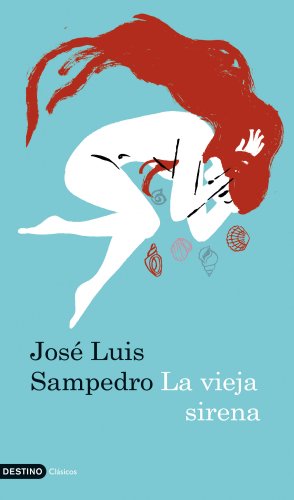
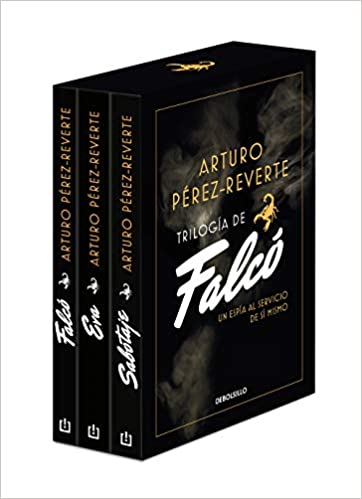
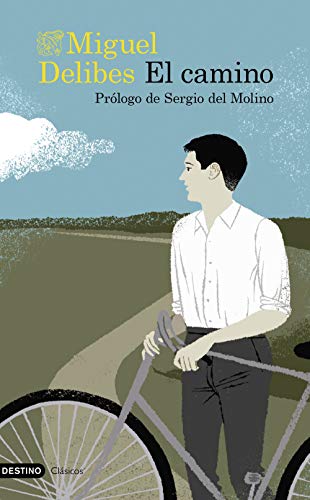
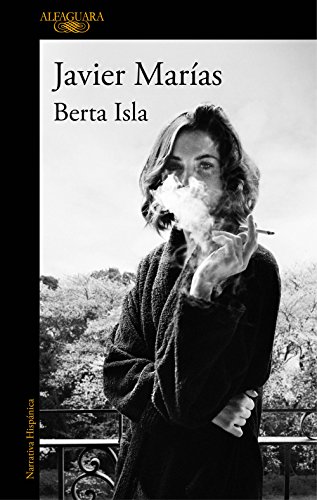
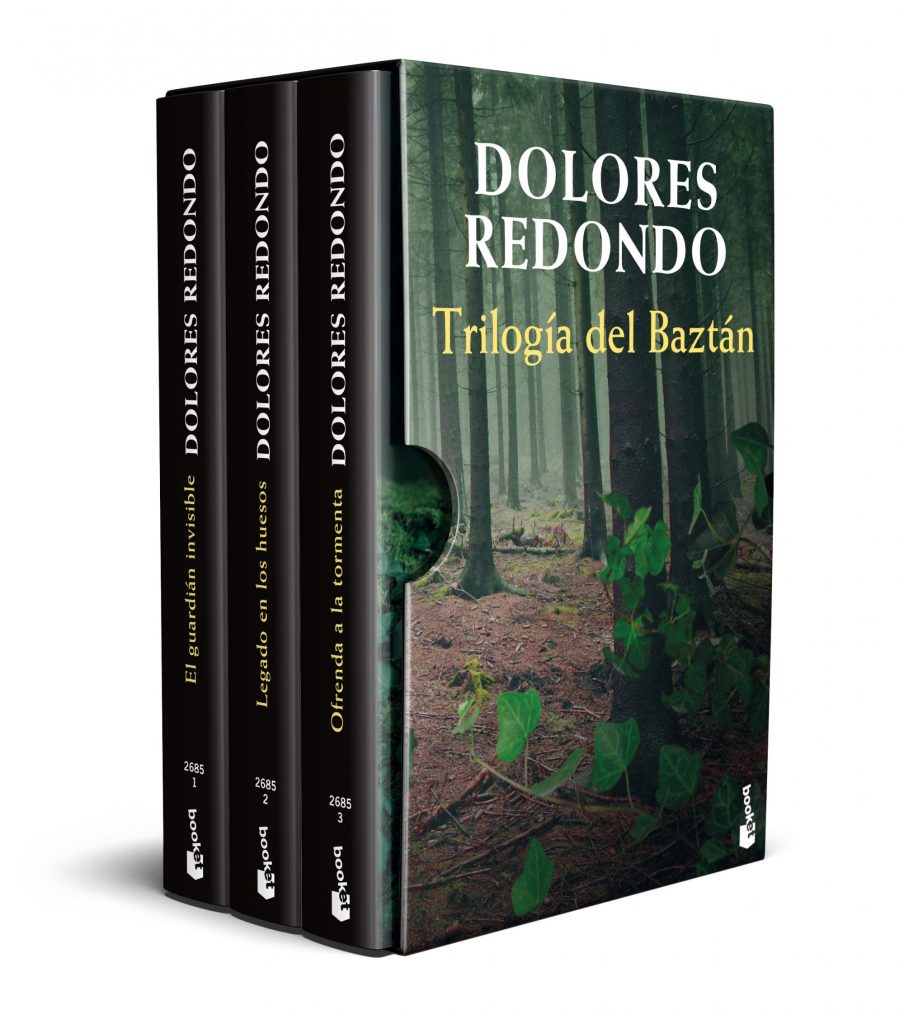
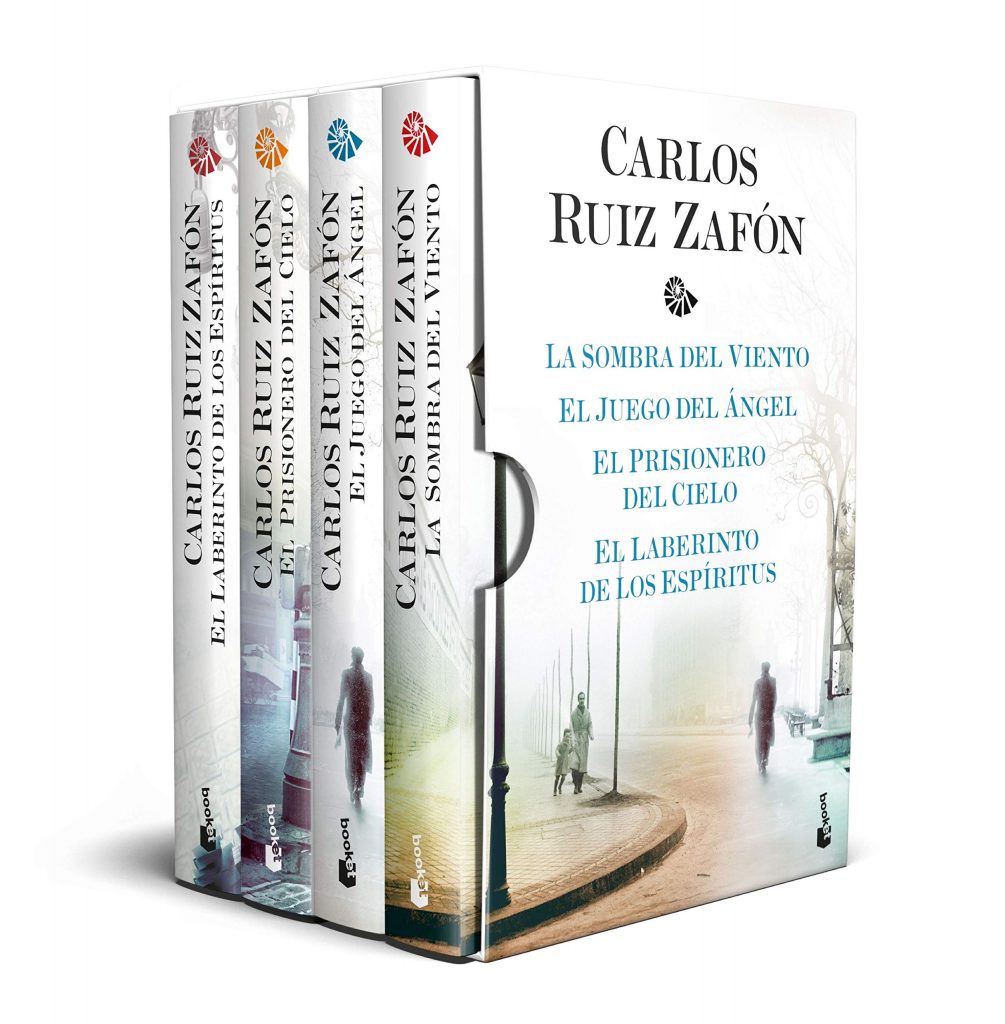
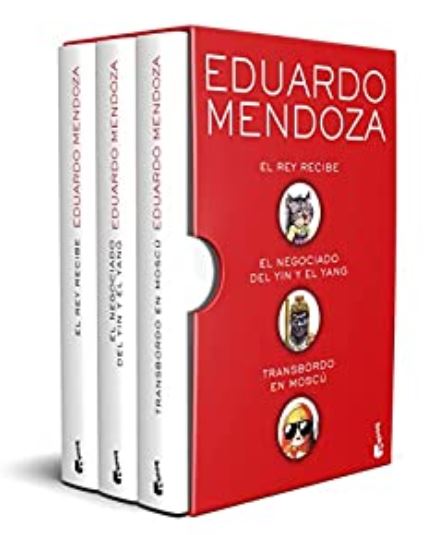
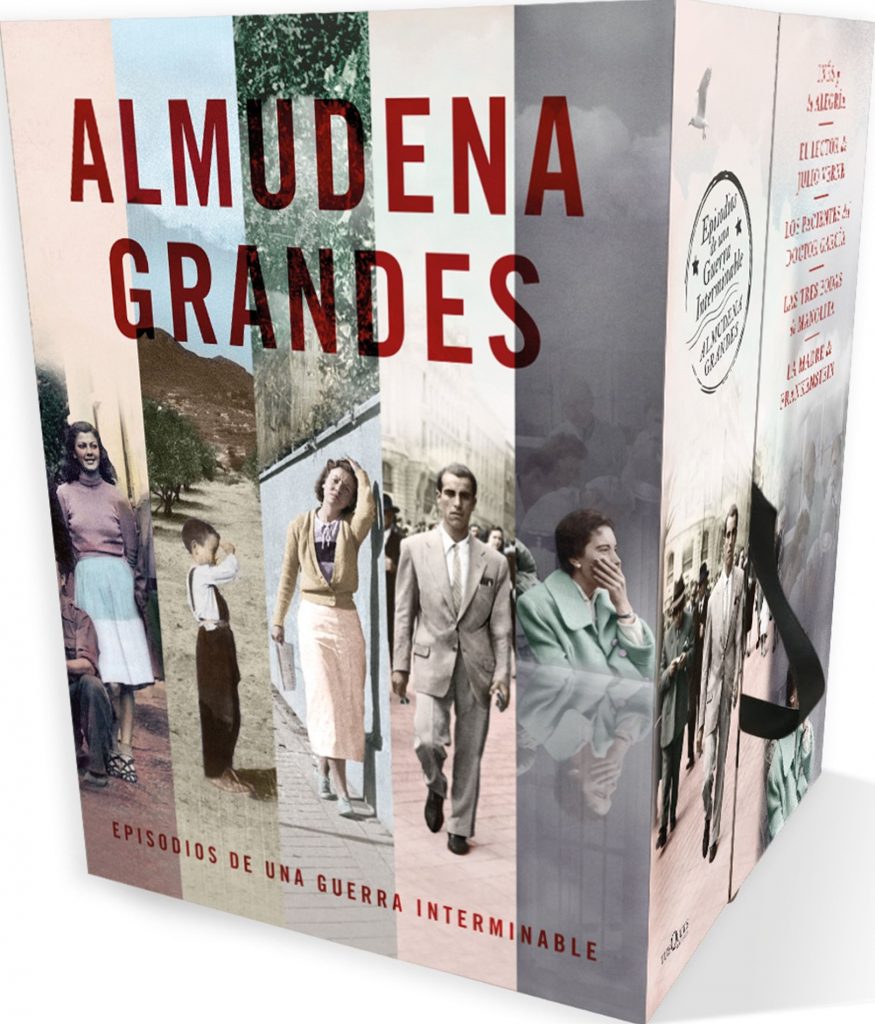
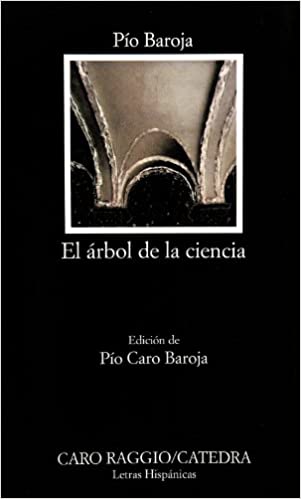
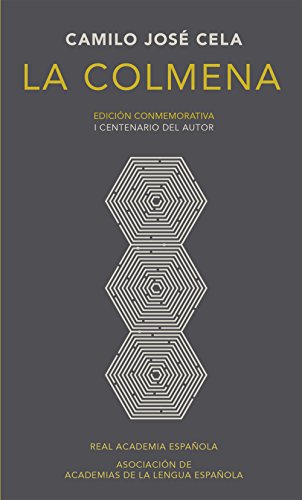
2 comments on "The 10 best Spanish writers"